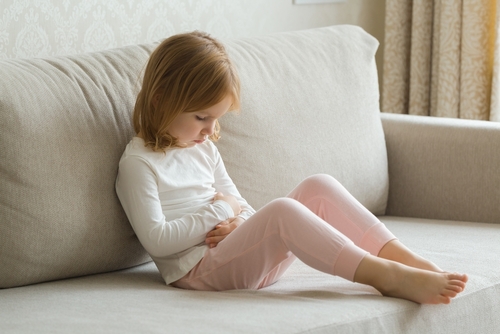
Information for Parents
Gastroenteritis is an infection of the gut (intestines). It is very common and many children have more than one episode in a year.
Many viruses, bacteria and other microbes (germs) can cause gastroenteritis. A virus (especially Rotavirus and Adenovirus) is the most common cause.
What are the symptoms of gastroenteritis?
The main symptoms are:
In most children, the symptoms are mild and tend to get better within 5 to 7 days. Slightly loose stools may persist for a week before a normal pattern returns.
What do I need to know?
In most cases the infection clears within a few days. The main risk is lack of fluid in the body (dehydration). The main treatment is to give your child lots to drink. This may mean giving special rehydration drinks.
Children can usually be treated at home. Occasionally, admission to hospital is needed if symptoms are severe, or if complications develop.
Tests are not usually needed. However, in certain cases, the doctor may ask you to collect a stool (faeces) sample from your child. This can then be examined to look for the cause of the infection.
Medication is not usually needed. You should not give medicines to stop diarrhoea to children. However, you can give paracetamol or ibuprofen to ease a high temperature.
Gastroenteritis can very easily be passed on from person to person. If your baby has gastroenteritis, be especially careful to wash your hands after changing nappies and before preparing, serving, or eating food.
For older children, whilst they have gastroenteritis, the following are recommended:
Proper storage, preparation and cooking of food and good hygiene help to prevent gastroenteritis. In particular, always wash your hands, and teach children to wash theirs:
When to be concerned
You should return to The Children’s Urgent Care Centre (0800-2000 Monday-Sunday) or Accident and Emergency (out of hours) if your child has any of the following symptoms:
Further Information
If you need any more information or advice between the hours of 0800-2000 Monday-Sunday please call The Children’s Urgent Care Centre on 02073906150.
Out of hours please contact NHS 111.
Call NHS 111 if you need medical help fast, but its not life threatening- for example, if you:
In case of emergency please call 999 or attend your local Children’s Emergency Department.